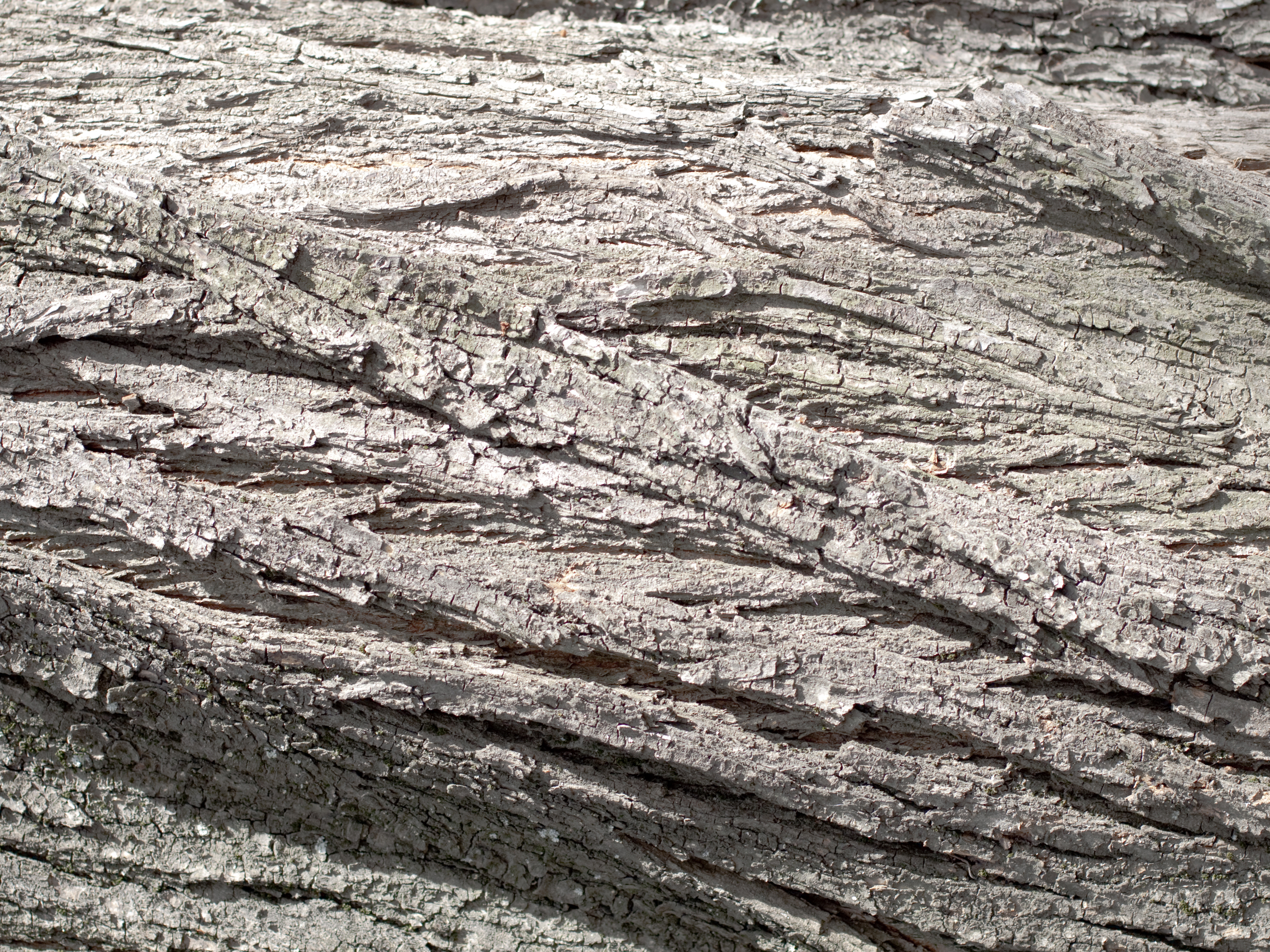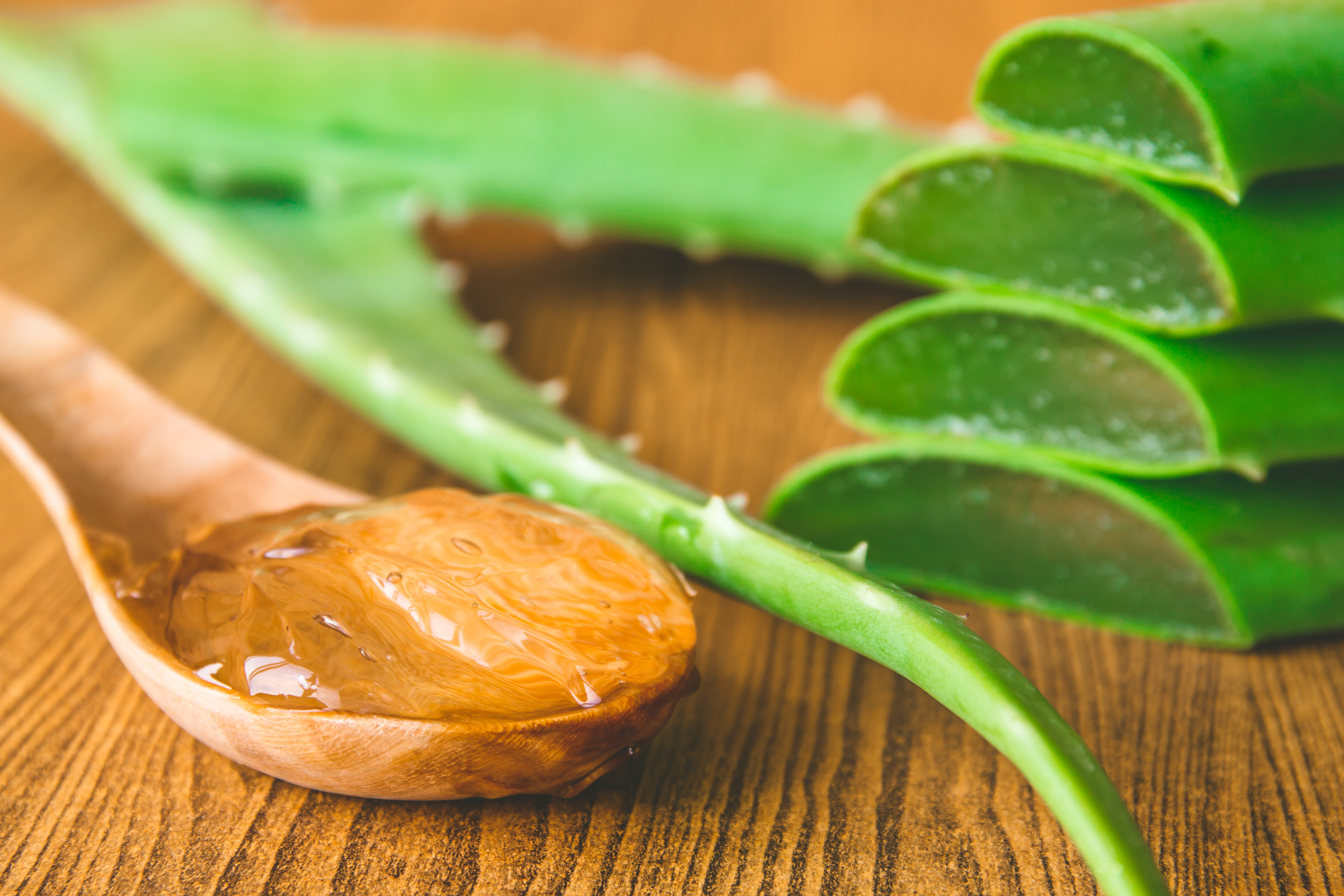Gut Soothers: Teas and Herbs for Inflammation Relief
13. Slippery Elm Bark: The Ulcer Soother

While already mentioned for its mucilage, it's worth highlighting Slippery Elm Bark's specific application for ulcers. This herb, derived from the inner bark of the Ulmus rubra tree, creates a gel-like substance when mixed with water. This unique property allows it to form a soothing, protective coating over irritated mucous membranes in the digestive tract. This barrier can help alleviate pain and inflammation associated with gastritis, peptic ulcers, and acid reflux, promoting a more rapid healing environment. It acts as a gentle, natural bandage for the gut's delicate lining.
14. Aloe Vera (Inner Leaf Gel): The Gut Healer

Beyond its use for skin, the inner leaf gel of the Aloe Vera plant is a potent natural remedy for gut inflammation. It contains compounds with anti-inflammatory, antioxidant, and laxative properties that can soothe the digestive tract. Aloe Vera gel can aid in healing the gut lining, reducing irritation, and promoting regular bowel movements, making it beneficial for conditions like IBS and constipation. It's crucial to use only the clear inner gel, as the outer leaf (latex) can have strong laxative effects and cause discomfort.
